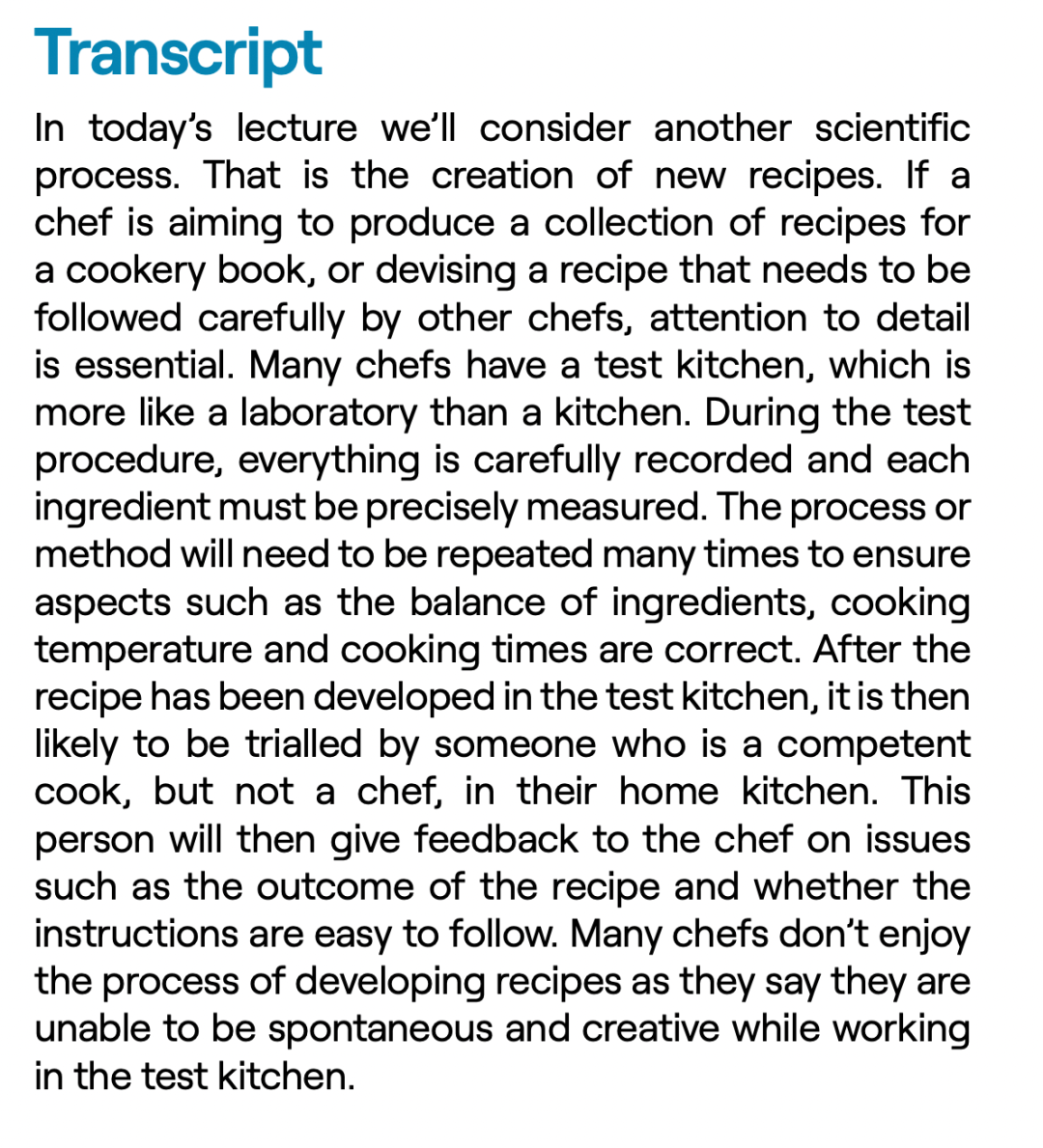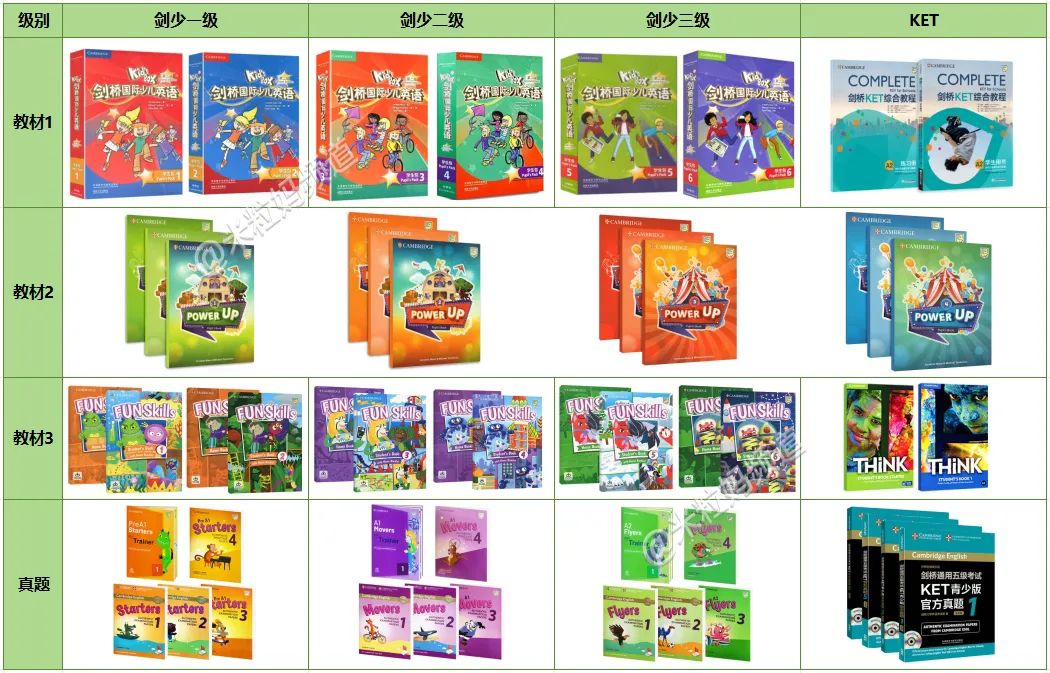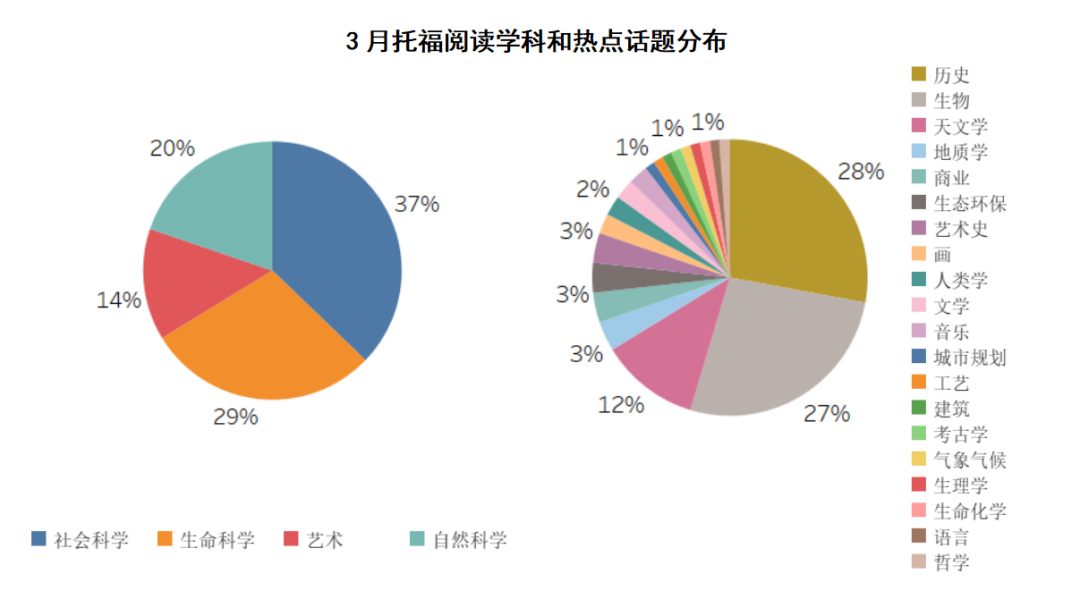
Retell Lecture这个题型,你有10s 准备, 40s 录音 ,录音时间控制在30s到40s。
官方考试技巧手册里明确提出
- 不要蹦词!不要说很多单词,尽可能多的记下短语和句子。
- 要有连接性,不要只记短语,然后全部用and连接。可以有so, then, because等连接词which, who, that等关系从句,展示句子间的逻辑性。
- 如果考官发现有明显的背书痕迹会直接0分。
- 你不需要复述整个讲座的内容,判断并复述讲座的重点内容,比如人物,动作,地点以及你说的信息之间的关联性。
- 说废话凑时间 比如说 “That is my answer to this question and final conclusions have been mentioned”.
- 请尽量说满40s,你说的越长,得到更多的内容分的几率越大。

下面我们来看几个案例。文章的主题是Creating Recipes。其中A的评分为excellent;B为good;C和D是average;而E是poor answer。
高分回答的首句概括主旨,包含了所有讲座中的main points以及结论。另外可以注意到A回答用了they said,chef said对比E中用了大量的模板填充词,比如after that the speaker mentioned。
学会了么,下次你也可以用they said,they mentioned。RL 的考点是尽可能的记下更多的讲座内容,然后用自己的话重复讲座内容,不要重复你记得短句,然后用模版凑时间。
Answer A
The talk was about a scientific process of making new recipes. So for chefs making cookery books or making recipes for other chefs. (主旨句)
They said attention to detail is really important and that chefs normally use a test kitchen (用了原文中的关键词) where every single step is recorded.
Everything needs to be carefully and precisely measured out as they go through these steps to make a recipe. Once, they’ve done it - they’ve checked everything many times like the ingredients. Then the recipe is trialled, it’s trialled by someone else.
Normally a competent cook, not necessarily a chef. And then that competent cook (用了原文中的关键词) gives feedback on instructions. Chefs said they don’t like creating recipes like this because they are not spontaneous.
AnswerB
(没有主旨句)
When chefs went to develop a recipe, they do it in a special kitchen that works more like a lab, where they try to reproduce the same recipe over and over, looking for the exact same outcome of flavour and whatever.
So after they produce a recipe, usually though they go test it with someone who isn’t a chef but just a good cook(可能没听出来competent) and then those people can give some feedback about the recipe.
Chefs usually don’t like the process of the lab recipe thing because they can’t be as creative or spontaneous.(得出结论)
Answer B是个很好的参考答案,没有主旨句 ,但依然是good answer。关键词提到了但是和原文有点差别。没有用到模板,没有任何填充词,全部是对原文内容的概括。
Answer C
(没有主旨句)
When chefs need to create a new recipe, they often do that process like laboratory investigation. So they develop the recipe very carefully and record all the aspects such as quantities of ingredients, cooking time or temperature.(没有提到关键词 test kitchen)
So they may repeat that process many times in order to produce the recipe and so that other people can also be able to do that process.
So after that, the recipe is tested by staff of the kitchen. (没有总结句,缺少了many chef don’t like creating receipts)
And yes, that’s all
Answer D
So this is about the process of chef creating your recipe. (主旨句)
So they basically have to repeat the process many different times to perfect it until it can be given to everyone to try out the recipe. So it’s almost and then before they put out the recipe, there’s someone who tries it and it gives feedback. (高度概括原文内容,缺少关键词,依然可以得到average分数)
So it’s almost like a scientific experiment rather than just cooking.(这句话是文章开头的部分,可以用来做结论,但缺少了原文最后的many chef don’t like creating receipts)
Answer E
The lecture gives important information about chefs. Firstly, the speaker explained about recipes. After that the speaker mentioned the importance of ingredients and kitchens. The speaker also highlighted the crucial part of cooking.
In conclusion, the speaker gives important key information about chefs and recipes. 别再说这种模板啦!
RL 为什么不需要模板
来看看这个常见的模板:
The speaker began by talking about (phrase)可以用这个句型可以概括主旨句,确实是个得分点。但从以上五个回答来看,没有主旨句也能得到一个好分数。
- Then she/he moved on to providing details about(phrase)
- The primary focus was on
- Similarly, she/he pointed out that (sentence)
这三个句型是完全没必要的,会显得你没有听懂原文的内容。因为没有听懂,所以无法复述。如果你真的听懂了,即使和原文的用词有偏差也不影响分数。
In the end, she/he suggested that it is necessary to(verb+object)用这句话来得出结论也是多余的。很多文章没有明显的结论句,强行找结论会占用思考的时间。
这篇文章的结论是many chefs don’t enjoy creating receipt because …..在真实的考试中,学生更多会把这句话当成录音提到的最后一个部分,没有意识到这是个结论句。















